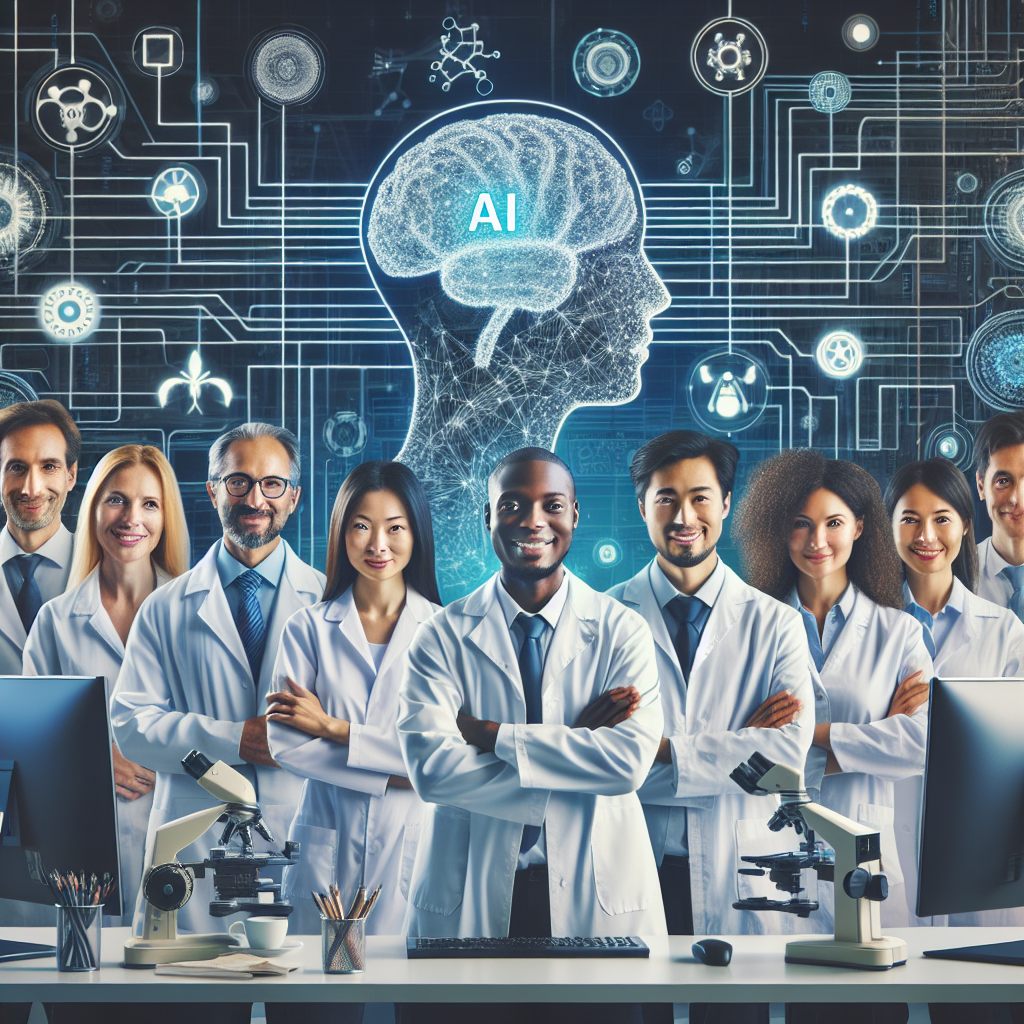Artificial General Intelligence (AGI) is the ultimate goal for researchers in the field of artificial intelligence. AGI refers to a hypothetical AI system that possesses the ability to understand and learn any intellectual task that a human being can. Unlike narrow AI systems, which are designed for specific tasks such as playing chess or recognizing faces, AGI aims to replicate the cognitive abilities of a human being across a wide range of tasks and domains.
The quest for AGI has been a long-standing goal in the field of AI research, with many researchers and organizations working towards achieving this milestone. The potential benefits of AGI are immense, with the promise of solving complex problems in fields such as healthcare, transportation, and environmental sustainability. However, the development of AGI also raises ethical concerns and challenges, as it could potentially lead to unforeseen consequences and societal disruptions.
In this article, we will explore the concept of AGI in more detail, discuss the current state of research in this field, and examine some of the key challenges and opportunities that lie ahead.
What is AGI?
AGI, also known as strong AI or human-level AI, refers to an artificial intelligence system that possesses the general cognitive abilities of a human being. This includes the ability to learn from experience, adapt to new situations, understand natural language, and solve complex problems in a wide range of domains. AGI is often contrasted with narrow AI, which is designed for specific tasks and lacks the flexibility and adaptability of a human mind.
The concept of AGI dates back to the early days of AI research, with pioneers such as Alan Turing and John McCarthy proposing the idea of creating intelligent machines that could rival human intelligence. Over the years, researchers have made significant progress in developing AI systems that can perform specific tasks at superhuman levels, such as playing chess or driving a car. However, achieving AGI remains a daunting challenge, as it requires solving a wide range of complex problems in areas such as reasoning, perception, and language understanding.
Current State of AGI Research
While AGI remains a distant goal, researchers have made significant strides in developing AI systems that exhibit human-like capabilities in certain domains. One approach to achieving AGI is through the development of artificial neural networks, which are inspired by the structure and function of the human brain. Deep learning, a subfield of AI that uses neural networks to learn from large amounts of data, has led to breakthroughs in areas such as image recognition, speech recognition, and natural language processing.
Another approach to AGI is through the use of symbolic AI, which focuses on symbolic reasoning and logic-based methods to solve complex problems. This approach has been used in systems such as expert systems and theorem provers, which can reason and make inferences based on symbolic representations of knowledge. Combining symbolic AI with neural networks is a promising direction for achieving AGI, as it allows for the integration of high-level reasoning with data-driven learning.
Challenges and Opportunities
Despite the progress made in AI research, achieving AGI remains a formidable challenge due to the complexity and uncertainty of human intelligence. Some of the key challenges in developing AGI include:
– Scalability: Current AI systems are limited in their ability to scale to new tasks and domains, as they are typically designed for specific applications. Achieving AGI requires developing AI systems that can generalize across a wide range of tasks and learn new skills quickly and efficiently.
– Common sense reasoning: One of the hallmarks of human intelligence is the ability to apply common sense reasoning to everyday situations. Current AI systems often struggle with common sense reasoning, as they lack the contextual understanding and background knowledge that humans possess.
– Ethical and societal implications: The development of AGI raises ethical concerns and societal implications, as it could potentially lead to job displacement, privacy violations, and other unforeseen consequences. Ensuring that AGI is developed responsibly and ethically is a critical challenge for researchers and policymakers.
Despite these challenges, the quest for AGI also presents many opportunities for advancing our understanding of intelligence and creating new technologies that can benefit society. AGI has the potential to revolutionize fields such as healthcare, education, and transportation, by enabling AI systems that can assist humans in solving complex problems and making better decisions.
FAQs
Q: What is the difference between AGI and narrow AI?
A: AGI refers to an AI system that possesses the general cognitive abilities of a human being, while narrow AI is designed for specific tasks and lacks the flexibility and adaptability of a human mind.
Q: How close are we to achieving AGI?
A: While significant progress has been made in AI research, achieving AGI remains a distant goal due to the complexity and uncertainty of human intelligence. It is difficult to predict when AGI will be achieved, as it requires solving a wide range of complex problems in AI research.
Q: What are some of the ethical concerns related to AGI?
A: The development of AGI raises ethical concerns related to job displacement, privacy violations, and other societal implications. Ensuring that AGI is developed responsibly and ethically is a critical challenge for researchers and policymakers.
Q: What are some of the potential benefits of AGI?
A: AGI has the potential to revolutionize fields such as healthcare, education, and transportation, by enabling AI systems that can assist humans in solving complex problems and making better decisions.
In conclusion, AGI represents the ultimate goal for artificial intelligence researchers, with the potential to revolutionize the way we live and work. While achieving AGI remains a formidable challenge, the progress made in AI research in recent years is a testament to the power and potential of artificial intelligence. By addressing the key challenges and opportunities in developing AGI, researchers can pave the way for a future where intelligent machines can assist humans in solving the most pressing problems facing society.

